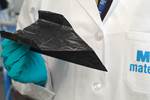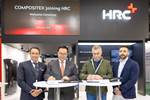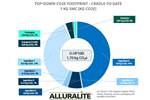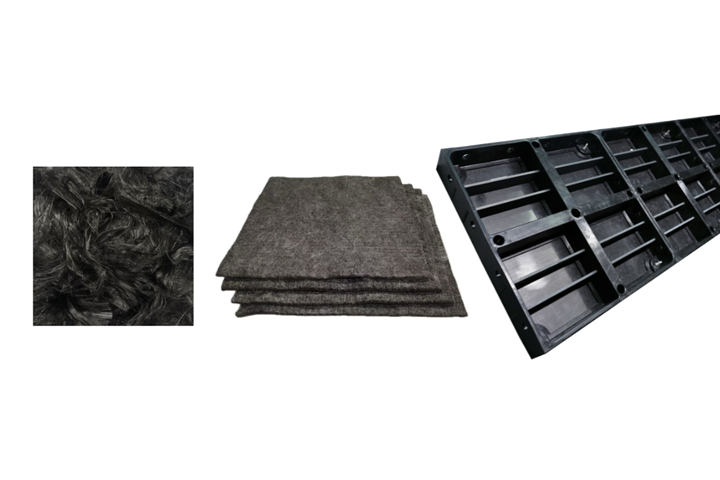HRC obtains GRS 4.0 certification for carbon-neutral carbon fiber products
Two rCF materials and two finished rCF products maintain more than 90% performance retention rate, earn Global Recycled Standard (GRS) recognition.
Two recycled carbon fiber (rCF) material products and two rCF finished products, independently developed and produced by comprehensive composite solutions provider HRC (Shanghai, China), have obtained the Global Recycled Standard (GRS) 4.0 certification.
GRS certification is an international product standard that has strict requirements for recycled materials, supply chain, manufacturing, society and environment, chemical restrictions, among others. The goal of GRS is to increase the use of recycled materials in products and reduce or eliminate the harm caused by their production. As an international standard, GRS certification is highly recognized around the world, especially with the release of new EU regulations on the use of recycled materials in cars. Global OEMs such as Mercedes-Benz, BMW, Audi and Volkswagen are also promoting related cooperation projects, says HRC.
The four products certified by HRC include recycled short carbon fiber, rCF felt, an rCF scattered molding plate and an rCF building molding plate. No additional chemicals were added during the production and manufacturing process, and both rCF materials use advanced recycling technology. The performance retention rate of the 100% rCF produced is said to be greater than 90%, with optimal mechanical properties. They have been used in the construction engineering industry, though HRC notes that automotive manufacturing, rail transportation, aerospace and other fields also have broad application prospects.
Considering itself to be the first composite material company in China to open a closed-loop carbon fiber application and one of the first composite materials companies to obtain GRS certification, HRC has actively promoted the R&D and promotion of carbon-neutral products such as natural fibers, recyclable fibers, hydrogen tanks and thermoplastics since its establishment. The successful certification of this series of its carbon-neutral products is also an important result in a series of green development initiatives launched after HRC officially joined the “Carbon Neutral Action Alliance” as a council member in 2023.
Related Content
-
The lessons behind OceanGate
Carbon fiber composites faced much criticism in the wake of the OceanGate submersible accident. CW’s publisher Jeff Sloan explains that it’s not that simple.
-
TU Munich develops cuboidal conformable tanks using carbon fiber composites for increased hydrogen storage
Flat tank enabling standard platform for BEV and FCEV uses thermoplastic and thermoset composites, overwrapped skeleton design in pursuit of 25% more H2 storage.
-
The potential for thermoplastic composite nacelles
Collins Aerospace draws on global team, decades of experience to demonstrate large, curved AFP and welded structures for the next generation of aircraft.













